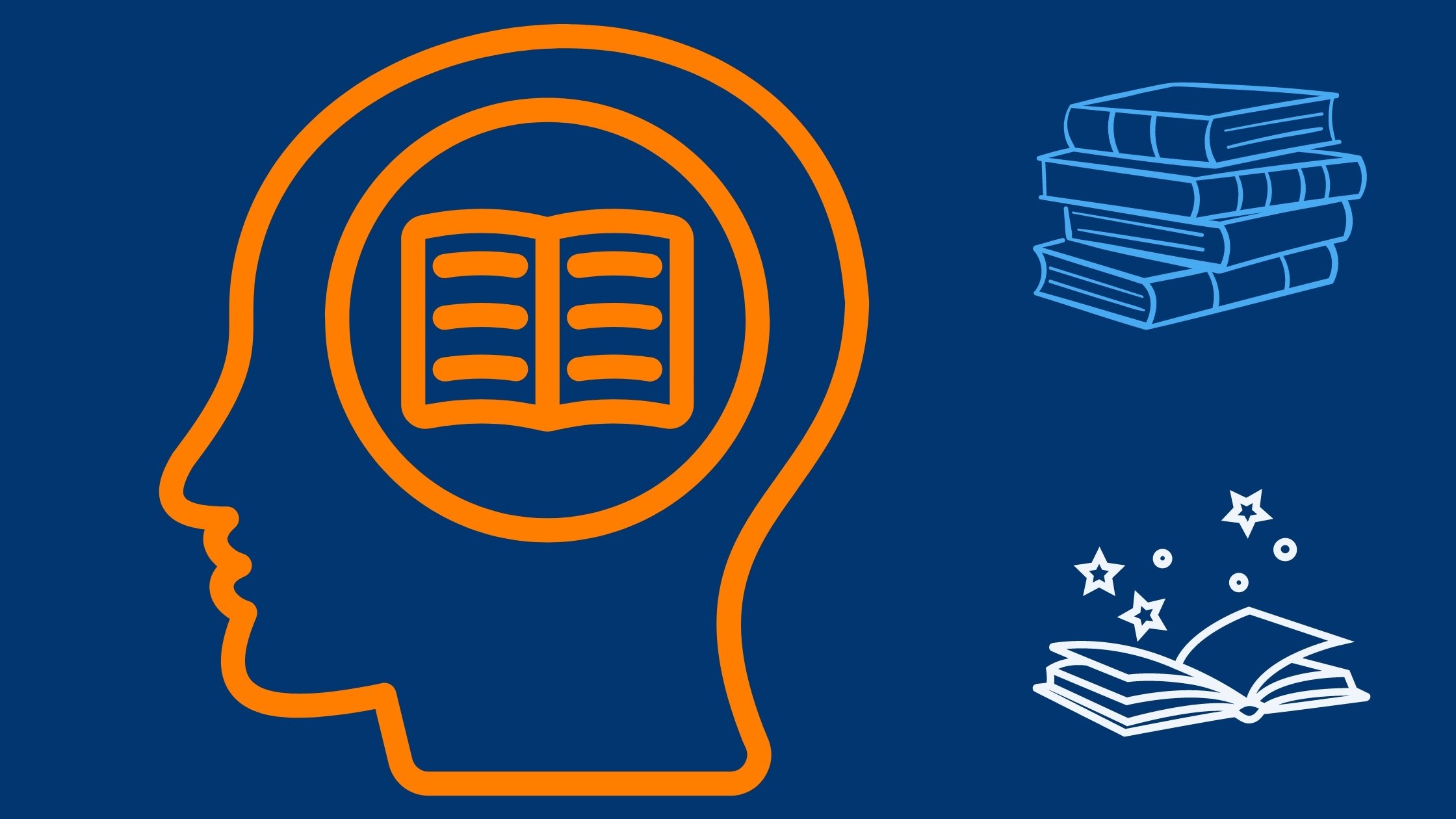Have you ever felt completely incompetent at something—like a total beginner fumbling through the dark?
It’s an uncomfortable feeling, but if you stick with it long enough, something interesting happens: you start to figure things out. The initial struggle turns into progress, and with enough time, what once felt impossible becomes second nature.
Instant Isn’t Better (Have You Ever Had Instant Coffee??)
The learning process is never instant. Patience and persistence can feel outdated in a world that rewards instant gratification. We’re conditioned to expect overnight success, whether it’s growing an audience online, mastering a new skill, or even integrating AI into our work. But reality doesn’t work that way. Nearly everything worthwhile takes longer than we expect.
And yet, there’s another layer to this—who controls the game you’re playing? Are you the owner of your learning, your work, and your tools? Or are you renting space from platforms and algorithms that can shift the rules overnight?
This is a two-part series. Today, we’re exploring the long game of learning—how to embrace incompetence and persist through uncertainty. We’ll borrow wisdom from Ray Dalio, Seth Godin, and James Clear along the way. Because in a world moving at breakneck speed, the real advantage isn’t speed—it’s strategy.
The Journey of Learning
“Learning is a journey of incompetence. The job of the teacher is to create the conditions for the student to explore their incompetence long enough to learn something useful” Seth Godin.
The Discomfort of Not Knowing
There’s a moment in every learning process where you feel completely lost. Maybe it’s your first time learning a new language, trying to code, or—let’s be honest—figuring out how to set up a home Wi-Fi router without rage-quitting (oh, the things I do for my parents). In that moment, incompetence feels frustrating, even humiliating. It’s tempting to quit or assume I’m just not good at this.
I’ve had my fair share of these moments. Learning how to play the piano has been one of them recently. When I was in 4th grade, I learned to play the flute and read music - while I was good at it, I didn’t enjoy it and stopped after a year.
Well, that was a long time ago (yes, I’m old), and I forgot most of what I had learned. So when I took up learning to play the piano, all the frustrations at my incompetence returned But rather than throw in the towel, I stayed in the discomfort. And slowly, I could read more notes and play some songs in rhythm. The process of trial and error—the willingness to look and sound foolish for a while—wasn’t a barrier to learning. It was learning.
Why Progress Feels Slow (But It’s Actually Compounding)
The problem is, we expect progress to be linear. But James Clear puts it best: “Nearly everything awesome takes longer than you think. Get started and don’t worry about the clock.”
The early effort often feels invisible—like throwing rocks into a sinkhole. But if you stick with it, consistency compounds. Small efforts accumulate in ways you can’t always see in the moment.
In Principles, Dalio talks about the power of compounding effects—the idea that small, consistent actions lead to exponential growth over time. But most people quit before they get to that turning point because progress feels too slow.
The trick? Sticking with it long enough to let those effects take hold.
The Takeaway: Embrace the Awkward Phase
- Learning anything new will feel awkward at first. Expect it. Embrace it.
- The ability to tolerate that awkwardness is what separates those who grow from those who quit.
- Embracing incompetence isn’t a flaw—it’s a necessary step toward mastery.
If we can shift our mindset from “I should already know this” to “I’m here to figure this out,” we unlock an entirely different level of learning (think growth mindset).
So the next time you feel lost, take it as a good sign—you’re on the right path.
Ponder This
- What’s something you’ve quit in the past that, in hindsight, you wish you had stuck with longer?
- How can you reframe incompetence as part of the learning process rather than a reason to stop?
Books/Newsletters
- Seth’s Blog - Seth Godin
- 3-2-1 - James Clear
- Principles - Ray Dalio
- Mindset - Carol Dweck


Comments